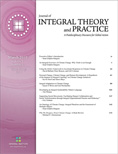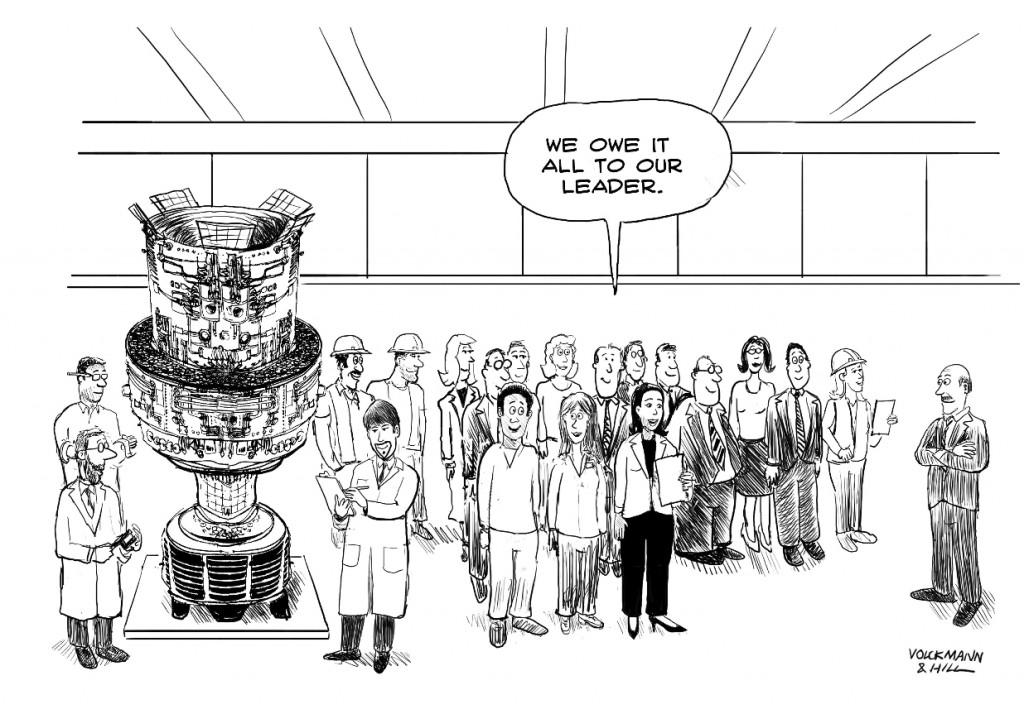Robert Goffee and Gareth Jones, Why Should Anyone Be Led by You?
What It Takes to Be an Authentic Leader
Ron Cacioppe

 Many companies are managed not by leaders, but by role players and boring bureaucrats. But what does it take to be a real leader—one who is confident in who she is and what she stands for, and who truly inspires people to achieve extraordinary results? In their book: Why Should Anyone Be Led by You? Rob Goffee and …
Many companies are managed not by leaders, but by role players and boring bureaucrats. But what does it take to be a real leader—one who is confident in who she is and what she stands for, and who truly inspires people to achieve extraordinary results? In their book: Why Should Anyone Be Led by You? Rob Goffee and …

 Kirsty Spence and Mark McDonald, Linking Developmental Action Logics to Transformational Leadership Behaviors, Journal of Integral Theory and Practice, December 2010.
Kirsty Spence and Mark McDonald, Linking Developmental Action Logics to Transformational Leadership Behaviors, Journal of Integral Theory and Practice, December 2010.
 l am a cartoonist whose cartoons have been published in over 100 magazines and newspapers, including Time Magazine, The Chicago Tribune and the Los Angeles Times.
l am a cartoonist whose cartoons have been published in over 100 magazines and newspapers, including Time Magazine, The Chicago Tribune and the Los Angeles Times.